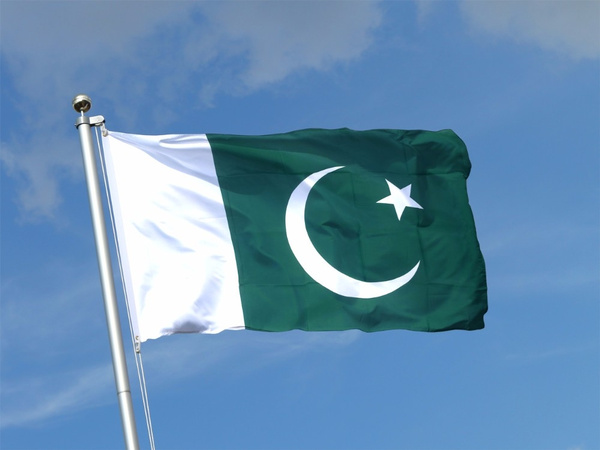
Seventy-five years after independence in 1947, at a time when countries around the world are investing heavily in science and technology, one of Pakistan’s leading academics and nuclear scientist argues that there is little appreciation in Pakistan for the centrality of science in every modern economic pursuit.
In a recent column, Pervez Hoodbhoy points out that in 1947, of the 16 universities in British India, Pakistan inherited only one teaching university, i.e. the Punjab University in Lahore. There were also 25-30 colleges in what became Pakistan. Unfortunately, “senior faculty in almost all institutions of higher learning was predominantly Hindu at the time of partition. Once rioting began, they fled to India and Muslims from lower ranks filled their positions. Academic quality plummeted. With time, education numbers slowly increased. By 1969 there were a total of eight universities in united Pakistan.”
However, as Hoodbhoy points out, Pakistan “is far more reliant” than other countries “on technologies developed elsewhere, such as automobiles, locomotives, aircraft, pharmaceuticals, computers, medical instrumentation, etc.”
The reason, Hoodbhoy notes, is the alarming degradation of Pakistan’s scientific capabilities. “Just how far Pakistan has fallen into the pit of ignorance and self-delusion was illustrated by a self-styled engineer trained in Khairpur’s polytechnic institute who claimed to have invented a ‘water kit’ that would extract energy from water. Never mind that this violated the rules of thermodynamics, and the rest of the world couldn’t do it. He promised a new Pakistan with limitless energy, no need for petrol or gas, and no more loadshedding. Politicians and media stars can perhaps be excused for being jubilant. But even our famed scientists fell for it and praised the ‘water car’ publicly. No practical joker could have demonstrated more dramatically the true state of science in Pakistan.”
In conclusion, Hoodbhoy points out that “there is little public understanding of science, our exports are largely low-tech textiles and raw materials, all significant weapons systems are imported, the space program has almost ceased to exist, and scientific research carried out in universities and institutes carries little credibility or usefulness.”
![]()





